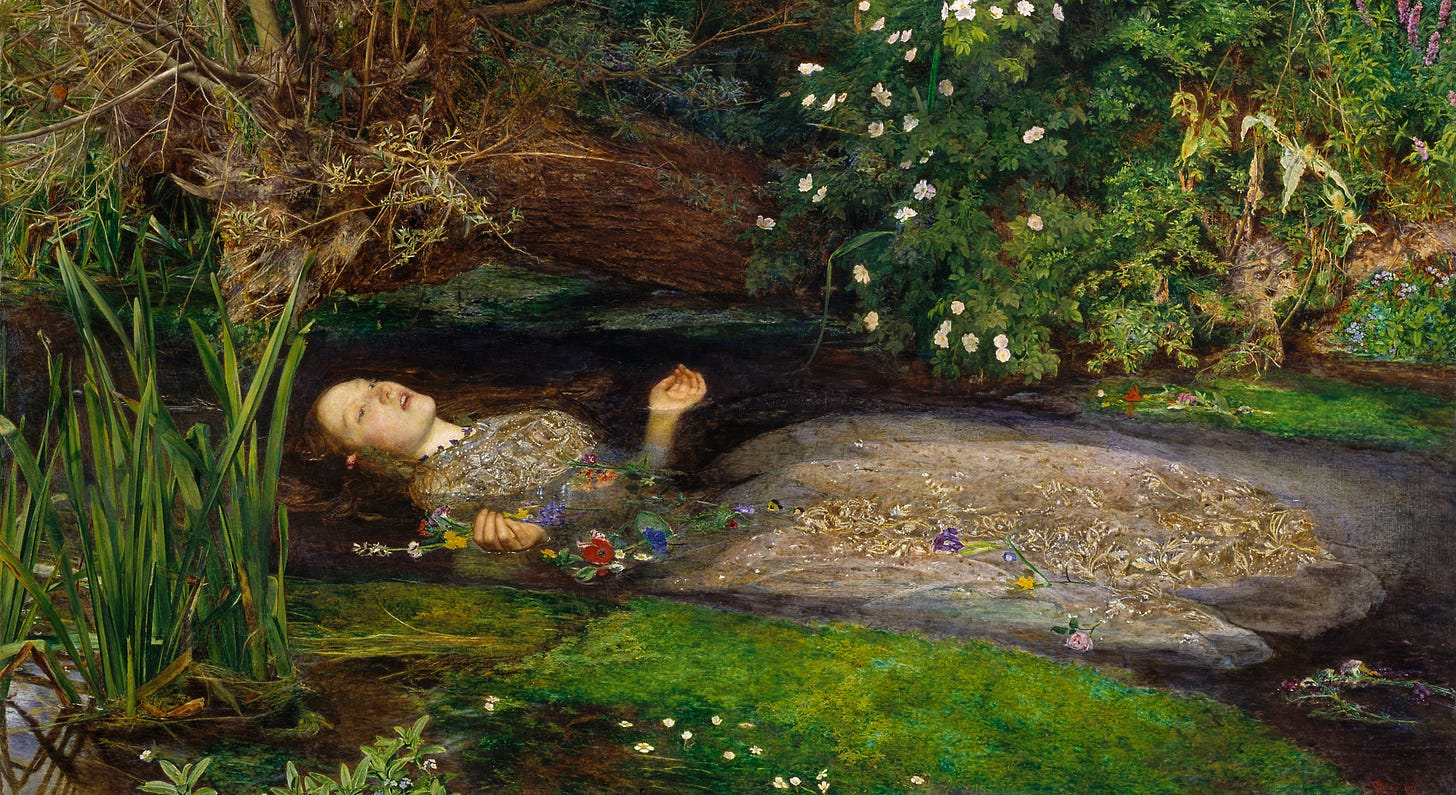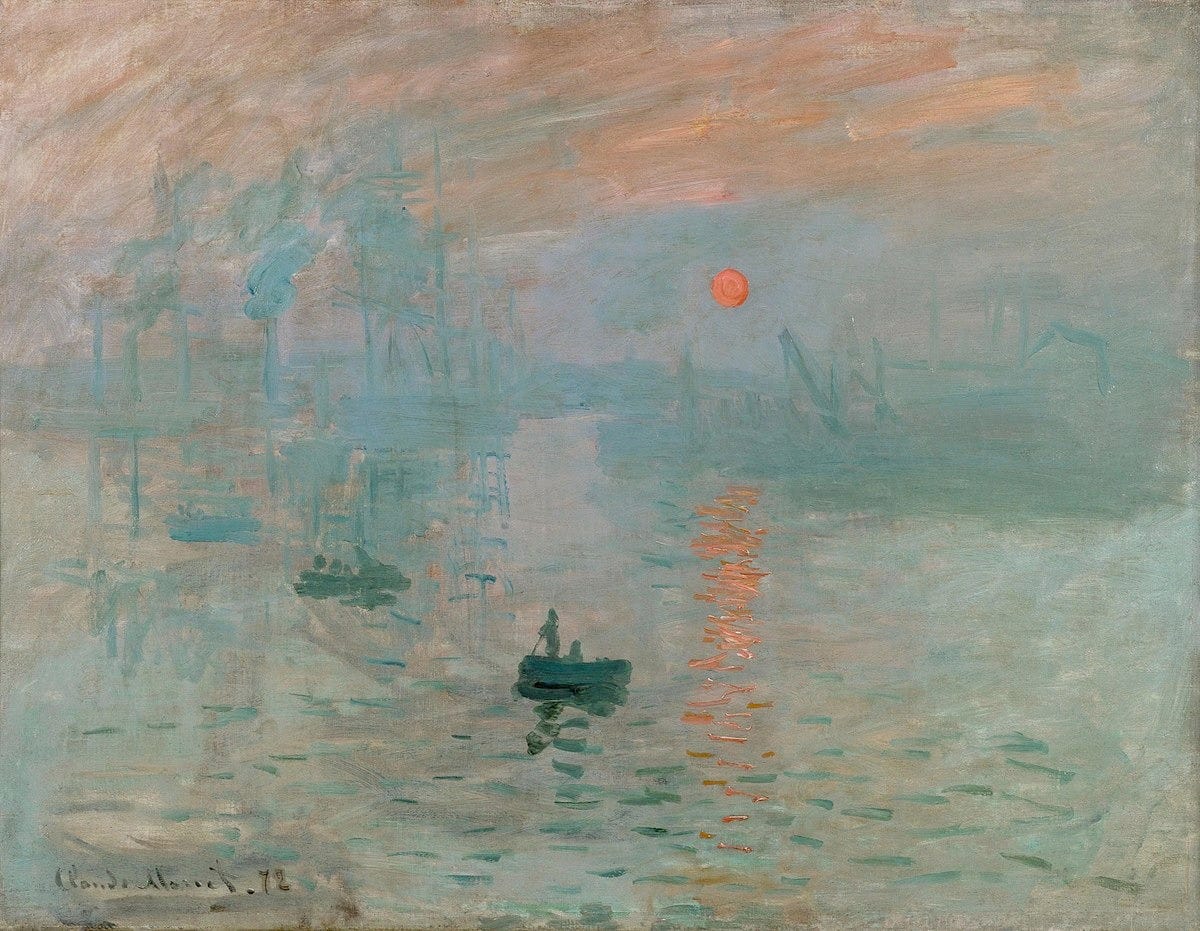Like many Asian families, my parents instilled in me the belief that leaving room for unfulfilled potential would be the greatest failure. It wasn’t just an expectation—it was a silent promise they had made to themselves, threaded into the fabric of their sacrifices. Every opportunity I was given, every door left ajar, bore the weight of everything they had left behind for me to stand here. Their dreams weren’t theirs alone; they had stitched them into my being, unspoken yet woven into every decision, every hope for a brighter tomorrow.
I saw it in their late nights, the quiet battles they fought when they thought I wasn’t watching. My mother’s weary hands smoothing out the day’s worries, my father’s resolute eyes fixed on a future he’d never fully own. Their sacrifices were tangible—pressed into the lines of their faces, etched into the careful way they spoke about what I could be. I accepted their challenge gladly, not out of obligation, but out of love. To fulfill my potential was not just my goal; it was my offering, my thank-you for their endless devotion. It felt like a trade—a quiet, unspoken agreement where they would pass their batons to me, not for glory, but so I could reach the finish line they had never had the chance to cross. I imagined myself running not just for myself, but for the countless hours they had poured into building a foundation I could stand on, a life they could finally rest from.
In their eyes, potential was everything: boundless and shimmering, the promise of what could be. In mine, it was heavier, like an inheritance too precious to hold without trembling. Their fifty years of toil stretched out before me, and I told myself I would make it worth it. That someday, they could rest, not because they had to, but because I had taken up the weight, and carried it for all of us.
I was realistic. I knew I couldn’t be the best, so I resolved to be the most hardworking. I fractured my days into seconds, each one accounted for, each one meticulously planned to wring out every ounce of productivity I could muster. Rest was a luxury I didn’t feel entitled to; time was a resource too precious to squander. If I wasn’t working, I wasn’t moving forward, and if I wasn’t moving forward, I was failing. Every moment was a calculated step, a quiet prayer that my efforts would eventually pay off. I would rise before the sun and fall asleep long after it had set, filling the hours with endless tasks, study sessions, and silent pep talks to keep myself going. I told myself that success wasn’t about brilliance—it was about endurance, about outlasting the doubt, the exhaustion, the fear.
But endurance, I learned, comes at a cost. The seconds I had fractured my days into began to fracture me in turn, slicing through the soft parts of who I was, leaving only the hard edges—the efficiency, the determination, the relentless forward march. The unspoken fear that I was slowing down fused and sunk into my skin, becoming a part of me in ways I couldn’t quite articulate. It wasn’t just a thought anymore but a weight, pressing heavily on my chest with every moment I allowed myself to pause. It whispered insidiously in the cracks of my resolve, reminding me that to stop, even for a breath, was to let everything I’d worked for slip through my fingers. My body began to move at the pace of my anxiety, its rhythm dictated by the endless lists in my head. My heart raced not with excitement but with the sheer panic of falling behind, and my lungs felt heavy with the air of unrelenting obligation. Resting was a risk I couldn’t afford, as if in doing so, I would confront the truth I was so desperate to ignore: that no matter how much I tried, it was becoming painfully clear that I was slowing down. The momentum I had clung to for so long, the frantic pace that had once felt like progress, now felt like a thin thread unraveling beneath my feet.
“The trouble was, I had been inadequate all along, I simply hadn’t thought about it. The one thing I was good at was winning scholarships and prizes, and that era was coming to an end. I felt like a racehorse in a world without race tracks…” - The Bell Jar, Sylvia Plath
As the years went by, my future became more murky, like a fog rolling in over a once-clear path. The goals I had clung to with such certainty began to blur, slipping further out of reach with every passing day. What once felt like a solid destination now seemed like a distant mirage, shimmering on the horizon but never growing closer. I tried to hold on to the threads of ambition I had woven over the years, but they felt thinner, weaker, as if they might snap under the weight of my own expectations. The harder I tried to pull them back together, the more tangled they became, leaving me with knots I didn’t know how to untie. Each attempt to make sense of it all only seemed to tighten the mess, the threads slipping further from my grasp, fraying with every tug.
And then, everything stopped. Not because I chose to, but because my body did. It started with the small things: forgetting words mid-sentence, struggling to remember why I had walked into a room. Then came the exhaustion, the kind that seeped into my bones, making every task feel insurmountable. One day, I sat down to work, as I always did, and couldn’t make my fingers move across the keyboard. My mind, usually teeming with lists and deadlines, was empty, a static hum where my thoughts used to be. I told myself it was temporary. Just a bad week, maybe a lack of sleep. But weeks turned into months, and I began to realize that this wasn’t something I could push through. My body had drawn a line, one I couldn’t cross, no matter how hard I tried. I was forced into stillness, and for the first time, I had to admit that this was a full stop. And it felt like a betrayal.
I wanted to be angry, but all I could feel was a dull, aching grief. I grieved. I am still grieving, mourning a version of the future I had once believed in so fiercely. Grief for the person who I thought I was, for the version of myself that had believed I could do it all if I just tried hard enough. Grief for the dreams that now felt hollow, too far away to reach, and maybe not even mine to begin with. The certainty I had worn like armor, once bright and unyielding, had rusted and waned, leaving me vulnerable to doubts I could no longer ignore. The polished vision of who I thought I would become had faded, like a painting left too long in the sun, its colors muted, its edges blurred.
I’m not sure if I’ve come to terms with it yet. The world keeps moving, and I’m still here, caught between the weight of what was and the uncertainty of what comes next. The fog hasn’t lifted, and the path ahead remains obscured. But maybe that’s the truth no one tells you—not every story has a triumphant ending, and not every struggle offers clarity. Sometimes, it’s about enduring the stop, sitting with the stillness, and letting yourself feel the ache of not knowing.
I don’t know where I’m going anymore, but for now, maybe that’s enough.
This post was a little different from what I usually write, but it is one of the most honest piece of writing I have been revisiting most often in the last few years. It’s a journal entry I’ve kept to myself for a long time, and I thought it was the perfect way to introduce a new category for my newsletter: Heart to Heart.
While my blog primarily focuses on opinion pieces about media and literature, this new section will be a space for random pieces of prose inspired by personal life events. Heart to Heart is a place where I’ll share my thoughts, experiences, and reflections in the hope that they resonate with you on a more personal level. Life can be messy and unpredictable, but I believe that sharing our stories can help us feel less alone.
I have been fighting off the winter blues myself, and I hope these reflections can bring you some comfort during tough times. Thank you for reading!








Thank you so much for writing this. I have been grappling with this reality and change in my identity for years. Trying to find words, songs anything that could make me feel I'm not the only one seeing my concrete plans turn into a mirage I don't feel like chasing anymore. I relate to your post and I hope you find your way out soon , so do I <3
I can relate to this so intensely. The feeling of being so sure of the future a few years ago, and so completely unsure now. Thanks for your thoughts.